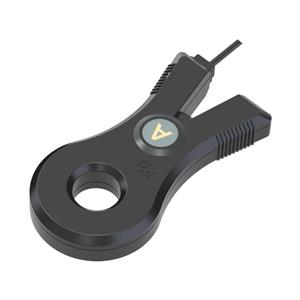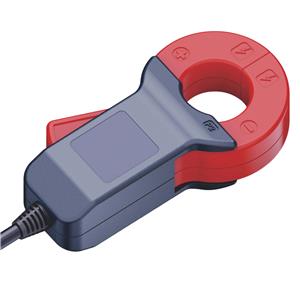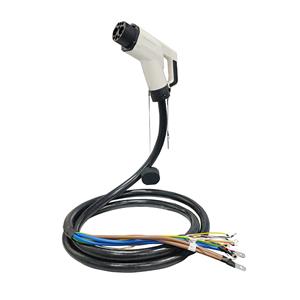Industry News
-
2709-2024
High Performance and Customizable Terminal Solutions: The Ultimate Choice for Reliable and Stable Connections
In an era where reliability, efficiency, and customization are paramount in engineering solutions, our product stands out as a beacon of excellence. Tailored to meet the stringent demands of various industries, this high-performance terminal system offers unparalleled stability, reliability, and adaptability.
-
1809-2024
Advancements in Isolation Transformers: Enhancing Data Privacy in Distributed Systems
In the rapidly evolving landscape of data science and machine learning, isolation transformers have emerged as a pivotal technology, particularly in scenarios requiring robust data privacy. This paper delves into the innovative design principles of isolation transformers and their significant contributions to distributed systems. We will explore how these models, originally proposed by researchers in the field of deep learning, facilitate secure data processing without the need for direct data sharing or exposure.
-
1609-2024
Exploring the Versatile Applications of Nixie Tubes: From Classic Clocks to Modern Electronics
Nixie tubes, with their iconic glow and timeless design, have become a versatile element in both classic and contemporary electronic products, blending nostalgia with modern functionality. Their unique display capabilities make them a sought-after choice across various industries, from hobbyist projects to professional engineering solutions.
-
2608-2024
Application Areas of 100A Magnetic Latching Relay with Shunt
The 100A Magnetic Latching Relay with shunt has diverse application fields due to its outstanding features and capabilities.
-
1008-2024
The Versatile Applications of Precision Shunt Resistors
Precision shunt resistors, an essential component in electrical circuits, find their applicability in a wide range of scenarios where accurate current measurement and control are of utmost importance. Their precision and reliability make them invaluable in various industries.
-
0808-2024
Applications of Fixed Value Shunts in Various Industrie
Fixed Value Shunts, popularly utilized in electrical systems, find extensive applications across a spectrum of industries due to their exceptional performance attributes. These shunts, also referred to as fixed value resistors, serve as critical components in diverse settings where accurate current measurement is paramount.
-
0807-2024
Exploring the Performance Features of AC Charging Connectors
In the realm of electric vehicles and charging infrastructure, AC charging connectors play a pivotal role in ensuring seamless and efficient charging processes. These connectors are designed with a myriad of performance features that contribute to their reliability, safety, and convenience. In this technical overview, we will delve into the performance characteristics of AC charging connectors, shedding light on their key attributes and functionalities.
-
0307-2024
Application of Precision Resistors in Extreme Environments
Precision resistors are widely used in a variety of environments and conditions, with some applications requiring operation in extreme circumstances. Extreme conditions may include high temperatures, low temperatures, high humidity, vibration, and shock. Precision resistors' exceptional performance in such environments makes them critical components in many critical applications.
-
1106-2024
Maximizing Renewable Energy with Energy Metering ICs in Solar Power Systems
Renewable energy applications, particularly solar power systems, are rapidly gaining popularity as sustainable alternatives to traditional energy sources. Energy Metering Integrated Circuits (ICs) play a crucial role in these settings, enabling efficient energy harvesting and monitoring system performance. This article explores the significance of Energy Metering ICs in renewable energy applications, highlighting their ability to enhance energy generation and optimize overall system efficiency.




